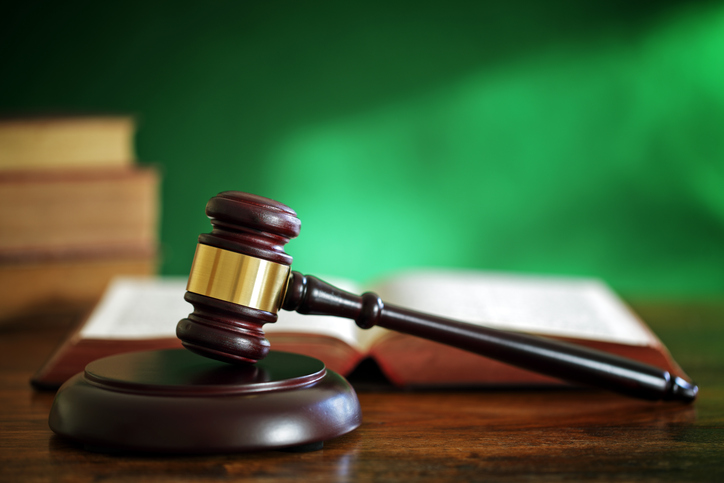For Mark Roberts’ Use: Part of retirement planning also involves planning for your spouse’s (or other heirs’) needs in the event that something happens to you. If you pass away sooner than you had imagined, you might leave a considerable amount of money in your retirement account. And of course, most of us have other assets, such as real estate, that will be left to our beneficiaries.
If you don’t put a specific estate plan into place, the automatic legal process will involve probate court. Your entire estate (everything you own) will pass through the probate process, and a judge will decide how your money and property are distributed.
This can present a problem for several reasons. First, there might not be any way to ensure that disagreements don’t disrupt the process. We’ve all heard of high-profile cases, such as Anna Nicole Smith’s infamous court battle, in which assets are frozen and held for years while the deceased person’s heirs wait to receive their inheritance.
Second, the probate process is recorded in public records, so anyone who visits the courthouse (or even checks online archives) can find out how much your heirs are “worth”. This could put them at risk of con artistry and other significant problems.
Finally, there is the simple fact that you want your loved ones to be comfortable after your death. You don’t wish for them to endure lengthy court proceedings or spend money on attorneys at an already difficult time.
Luckily, there is a way to avoid the probate process, and therefore most of the above problems. If you establish a trust beforehand, all assets within the trust will pass directly to your heirs without delay.
A trust is a complex legal maneuver, and can be subject to certain tax rules and administrative fees. So be sure to consult with an experienced estate planning attorney along with us, your financial planners, to understand all of the options available to you.


Leave A Comment